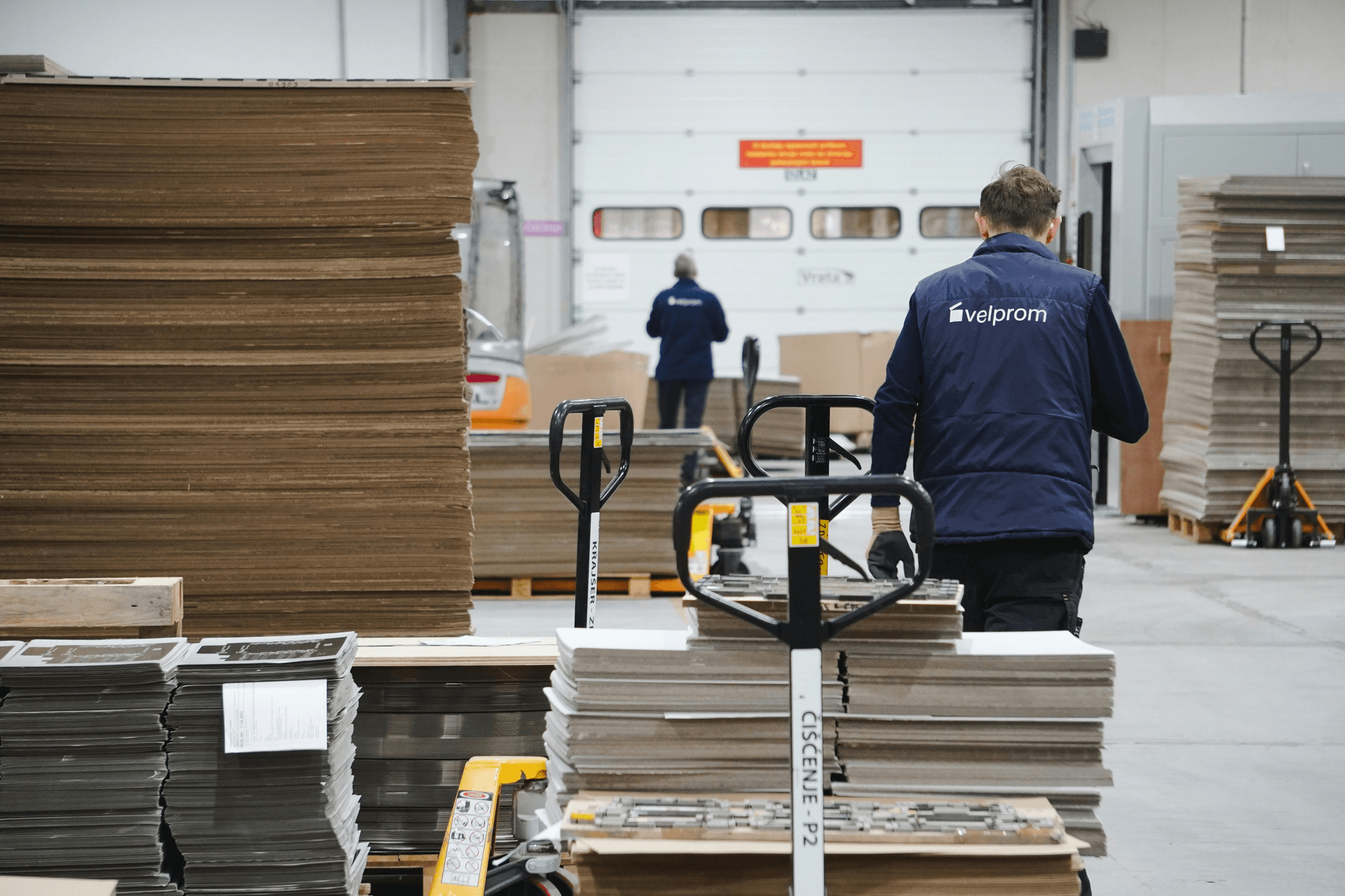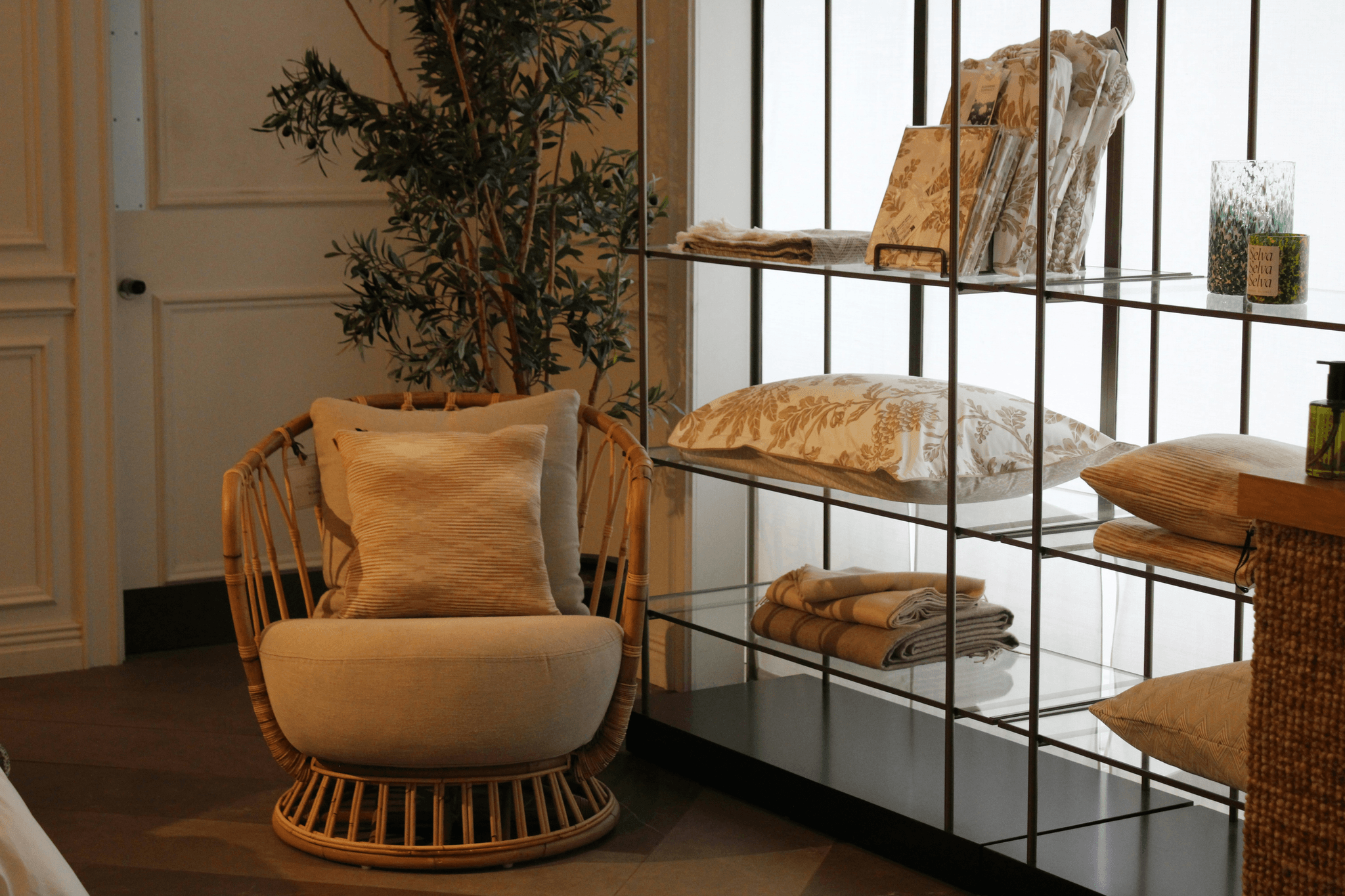Introduction
Importing furniture from China has become an increasingly popular venture for businesses and individuals alike, thanks to the vast array of options and competitive pricing. As a global leader in furniture manufacturing, China offers everything from contemporary designs to traditional craftsmanship, making it essential to understand how to import furniture from China effectively. With the right knowledge and strategies in place, you can tap into this lucrative market and elevate your offerings.
Understanding the Market for Furniture from China
The first step in your importing journey is understanding the market dynamics of furniture from China. The country is home to thousands of manufacturers that cater to various tastes, styles, and budgets, providing ample opportunities for savvy importers. By researching trends and consumer preferences within your target market, you can identify which types of furniture will resonate best with your audience.
Benefits of Importing Furniture
There are numerous benefits associated with importing furniture from China that make it an attractive option for many businesses. One major advantage is cost savings; Chinese manufacturers often provide high-quality products at significantly lower prices than local suppliers. Additionally, by diversifying your product range through imported items, you can stand out in a competitive marketplace and potentially increase profit margins.
Key Steps in the Import Process
To successfully navigate the complexities of importing furniture from China, it's crucial to follow a structured process that encompasses several key steps. Start by conducting thorough research on potential suppliers and their credentials before moving on to understanding import regulations specific to your region. Finally, ensure you have a solid logistics plan in place so that once you've sourced your products through SSOURCING INC., they arrive safely and efficiently at their destination.
Researching Suppliers in China

When considering how to import furniture from China, the first critical step is to research and identify reliable manufacturers. The vast landscape of Chinese furniture production can be overwhelming, but with the right approach, you can streamline this process. Leveraging platforms like Alibaba and trade shows can help you discover potential suppliers who align with your quality and design requirements.
Finding Reliable Manufacturers
To effectively find reliable manufacturers when importing furniture from China, start by utilizing online directories and trade platforms that feature verified suppliers. Look for those with a solid track record, positive reviews, and a history of fulfilling orders on time. SSOURCING INC. recommends reaching out directly to manufacturers to gauge their responsiveness and willingness to engage in dialogue about your specific needs.
Another effective strategy is networking within industry circles or joining forums where other importers share their experiences. By tapping into these resources, you might uncover hidden gems that aren't prominently featured online but have excellent reputations among peers. Remember that finding the right manufacturer is not just about price; it’s also about reliability and quality assurance.
Evaluating Supplier Credentials
Once you've identified potential manufacturers for how to import furniture from China, the next step is evaluating their credentials thoroughly. Request certifications such as ISO or other relevant industry standards that demonstrate their commitment to quality control and compliance with international regulations. SSOURCING INC. suggests asking for references or case studies from previous clients to gain insight into their operational capabilities.
Moreover, consider visiting the supplier's factory if possible; this firsthand experience can provide invaluable information about their production processes and working conditions. If an in-person visit isn't feasible, virtual tours or video calls can serve as a suitable alternative for assessing facilities remotely. Ensuring that your chosen supplier meets all necessary qualifications will save you time and money down the road.
Understanding Cultural Differences
Navigating cultural differences is essential when learning how to import furniture from China effectively; communication styles may vary significantly compared to Western norms. Understanding these nuances will foster better relationships with suppliers and minimize misunderstandings during negotiations or order fulfillment processes. For instance, Chinese business culture often emphasizes building trust before discussing specifics—so patience is key!
Moreover, being aware of local holidays or customs will help you plan your communication strategy effectively; disruptions during major Chinese holidays like the Lunar New Year could impact production schedules significantly. SSOURCING INC.’s experience highlights that demonstrating respect for cultural practices not only enhances rapport but also positions you as a considerate partner in business dealings.
In conclusion, researching suppliers requires diligence and attention to detail when figuring out how to import furniture from China successfully. From identifying reliable manufacturers through careful evaluation of credentials to understanding cultural intricacies, each step plays a vital role in ensuring a smooth importing process.
Navigating Import Regulations

When considering how to import furniture from China, it’s crucial to familiarize yourself with the regulations that govern the importation process. These regulations can vary widely depending on your country, and ignorance of them can lead to delays or costly fines. Therefore, knowing the key regulations is essential for a smooth importing experience.
Key Regulations for Furniture Imports
Importing furniture involves a myriad of regulations that you need to navigate carefully. Different countries have specific rules regarding the types of materials allowed in furniture production, which often include restrictions on certain woods or chemicals used in finishes. Additionally, you’ll want to ensure compliance with customs documentation requirements and any applicable tariffs before placing your order with suppliers through SSOURCING INC.
Understanding these regulations is also about being aware of potential restrictions based on trade agreements between countries. For instance, some regions may have quotas or embargoes affecting specific furniture types or materials sourced from China. Keeping abreast of these details will not only help you avoid legal issues but also enhance your reputation as an importer who adheres to standards.
Understanding Tariffs and Duties
When pondering how to import furniture from China, tariffs and duties are unavoidable topics that can significantly impact your overall cost structure. Tariffs are taxes imposed by governments on imported goods, and they can vary based on product classification within customs codes. Therefore, it's advisable to conduct thorough research into the tariff rates applicable to the specific types of furniture you're looking to import.
Moreover, duties are additional fees that may be charged upon entry into your country; understanding both is vital for accurate budgeting and pricing strategies when working with suppliers like SSOURCING INC. It’s wise to consult with a customs broker who can provide insights into these costs and help you navigate any complexities involved in calculating them accurately.
Failing to account for tariffs and duties could turn what seemed like a great deal into a financial headache once those additional costs come into play at customs clearance. So make sure you've got all your ducks in a row before finalizing deals!
Compliance with Safety Standards
Another critical aspect when learning how to import furniture from China is ensuring compliance with safety standards set forth by regulatory bodies in your country. Many regions have stringent safety guidelines designed to protect consumers from hazardous materials or unsafe construction practices found in poorly manufactured products. This means you'll need to verify that your chosen suppliers adhere strictly to these standards before making any commitments.
SSOURCING INC., for example, emphasizes the importance of working only with manufacturers who provide certifications proving their compliance with international safety standards such as ISO 9001 or ASTM F2057 (for children's furniture). This diligence not only protects consumers but also shields you from potential liability issues down the line.
In summary, navigating import regulations requires foresight and attention to detail—especially when it comes down to safety compliance—which ultimately reflects well on you as an importer committed to quality assurance throughout your supply chain.
Choosing the Right Shipping Method

When embarking on your journey of how to import furniture from China, selecting the right shipping method is crucial. The decision between air freight and sea freight can significantly impact your costs, delivery times, and overall satisfaction with the importing process. Understanding these options will help you streamline logistics and ensure your furniture arrives in perfect condition.
Comparing Air Freight and Sea Freight
Air freight is often faster, making it an attractive option if you're in a hurry to get your furniture on store shelves or into customers' hands. However, it tends to be more expensive than sea freight, which takes longer but can accommodate larger shipments at a lower cost per unit. For those looking to balance speed with budget constraints while figuring out how to import furniture from China, sea freight may be the way to go.
Ultimately, the choice between air and sea freight boils down to your specific needs—if you're importing high-end pieces that require quick turnover, air might be worth the splurge. On the other hand, if you're dealing with bulk orders of standard items, sea freight could save you significant money without compromising quality. Remember that SSOURCING INC. can help guide you through this decision based on your unique business requirements.
Understanding Shipping Costs
Shipping costs are not just about paying for transport; they encompass various factors, including fuel surcharges, handling fees, insurance premiums, and customs duties. When calculating total expenses for how to import furniture from China, it's essential to consider all these elements so you don’t face any surprises down the line. Additionally, working with SSOURCING INC., you'll gain insights into negotiating better rates by consolidating shipments or optimizing container space.
It's also wise to factor in potential delays that could incur additional costs—after all, time is money! If you opt for air freight because of its speed but overlook hidden fees associated with expedited services or customs clearance processes, those savings may evaporate quickly. By analyzing every aspect of shipping costs upfront and leveraging expertise from SSOURCING INC., you can make informed decisions that align with your budget.
Tips for Efficient Delivery
To ensure efficient delivery when learning how to import furniture from China, start by planning well in advance—this includes scheduling shipments during off-peak seasons when possible and allowing ample time for customs clearance processes. Communicate clearly with both suppliers and logistics partners about timelines so everyone is on the same page; this helps mitigate unexpected delays that could throw a wrench in your plans!
Additionally, keeping track of shipment progress through tracking tools can provide peace of mind as you await delivery at its destination—transparency goes a long way in fostering trust between all parties involved in this venture! Lastly, consider using warehousing solutions offered by companies like SSOURCING INC., which can help manage inventory efficiently while awaiting final distribution.
Managing Quality Control

When diving into the world of importing furniture from China, managing quality control is crucial to ensure that your products meet both your standards and those of your customers. Quality issues can lead to financial losses, damaged reputations, and unsatisfied clients, so it’s essential to establish a robust quality management system. By focusing on quality control from the outset, you can streamline your operations and build a loyal customer base.
Setting Quality Standards
Before you start importing furniture from China, it's vital to set clear quality standards that align with your brand's values and customer expectations. These standards should encompass materials used, design specifications, durability requirements, and any safety regulations relevant to the markets you serve. SSOURCING INC. recommends documenting these standards in detail; this not only helps in communicating them effectively to suppliers but also serves as a benchmark for evaluating product quality during inspections.
Conducting Inspections Before Shipping
Once you've established your quality standards, the next step in learning how to import furniture from China is conducting thorough inspections before shipping. This process typically involves on-site checks at the manufacturer’s facility or hiring third-party inspection services that specialize in quality assurance for imported goods. By ensuring that products meet your predefined standards before they leave China, you mitigate risks associated with defective items arriving at your doorstep.
Handling Defective Products
Inevitably, some products may not meet your expectations even after rigorous inspections; knowing how to handle defective products is key to maintaining a smooth operation when importing furniture from China. Establish a clear return policy with your suppliers and communicate it effectively—it’s all about setting expectations upfront! SSOURCING INC. suggests keeping an open line of communication with manufacturers regarding defects; this fosters trust and can lead to better solutions for resolving issues swiftly without damaging relationships.
Building Relationships with Suppliers

When it comes to how to import furniture from China, one of the most critical components is establishing a solid relationship with your suppliers. A good relationship can lead to better pricing, improved communication, and a smoother importing process overall. At SSOURCING INC., we believe that successful importing hinges on these connections.
The Importance of Communication
Effective communication is the foundation of any successful business relationship, especially when you're learning how to import furniture from China. Language barriers and cultural differences can complicate conversations, so it's essential to establish clear channels for dialogue right from the start. Regular updates and open discussions about expectations can help prevent misunderstandings that might derail your importing journey.
Furthermore, using various communication tools—like video calls, emails, and messaging apps—can enhance your interactions with suppliers. This approach not only builds trust but also fosters a collaborative environment where both parties feel valued. Remember, consistent communication helps you stay informed about production timelines and potential issues before they become significant problems.
Negotiating Terms and Pricing
Once you've established a rapport with your suppliers, it’s time to dive into negotiations—a crucial step in mastering how to import furniture from China effectively. Be prepared to discuss pricing structures openly; understanding their cost breakdown can provide leverage during negotiations. At SSOURCING INC., we recommend approaching this process with flexibility while still advocating for fair terms that benefit both sides.
Negotiation isn’t just about getting the lowest price; it’s also about creating win-win scenarios where quality is maintained alongside affordability. Consider discussing payment terms, delivery schedules, and minimum order quantities as part of your negotiation strategy. The more comprehensive your discussions are regarding terms and pricing, the stronger your partnership will be in the long run.
Long-term Partnership Benefits
Building long-term relationships with suppliers can yield immense benefits when learning how to import furniture from China successfully. A reliable supplier who understands your needs will be more likely to prioritize your orders during busy seasons or offer you exclusive deals on new products. This loyalty often translates into better service quality and faster response times for future orders.
Moreover, long-term partnerships enable you to collaborate on product development or customization projects tailored specifically for your market demands—an invaluable advantage in today’s competitive landscape! At SSOURCING INC., we encourage fostering these relationships because they transform transactional exchanges into mutually beneficial collaborations that drive growth for both parties involved.
Conclusion

In wrapping up the journey of how to import furniture from China, it's crucial to understand the market dynamics and the specific needs of your target audience. By conducting thorough research and maintaining an adaptable approach, you can navigate the complexities involved in international trade more effectively. Remember, knowledge is power—especially when you're planning on making a significant investment in imported goods.
Knowing Your Market Before Importing
Before diving into how to import furniture from China, it's essential to have a firm grasp of your market's preferences and trends. This involves not only understanding what styles and materials are in demand but also being aware of seasonal fluctuations that may affect sales. A well-informed importer will stand out by offering products that resonate with local consumers while ensuring competitive pricing.
The Role of SSOURCING INC. in Your Journey
SSOURCING INC. plays a pivotal role in simplifying the process of how to import furniture from China for businesses of all sizes. Our expertise lies in connecting you with reliable suppliers, navigating complex regulations, and ensuring quality control throughout the entire process. With SSOURCING INC., you're not just importing furniture; you're building a sustainable business model that thrives on strong supplier relationships and informed decisions.
Final Tips for Successful Importing
To wrap things up on how to import furniture from China successfully, consider these final tips: always keep communication lines open with your suppliers, be proactive about quality checks before shipment, and stay updated on changing regulations that could affect your imports. Additionally, don't hesitate to leverage resources like SSOURCING INC., which can guide you through each step with tailored advice and support. Remember, successful importing is not just about transactions; it’s about cultivating partnerships that last.

